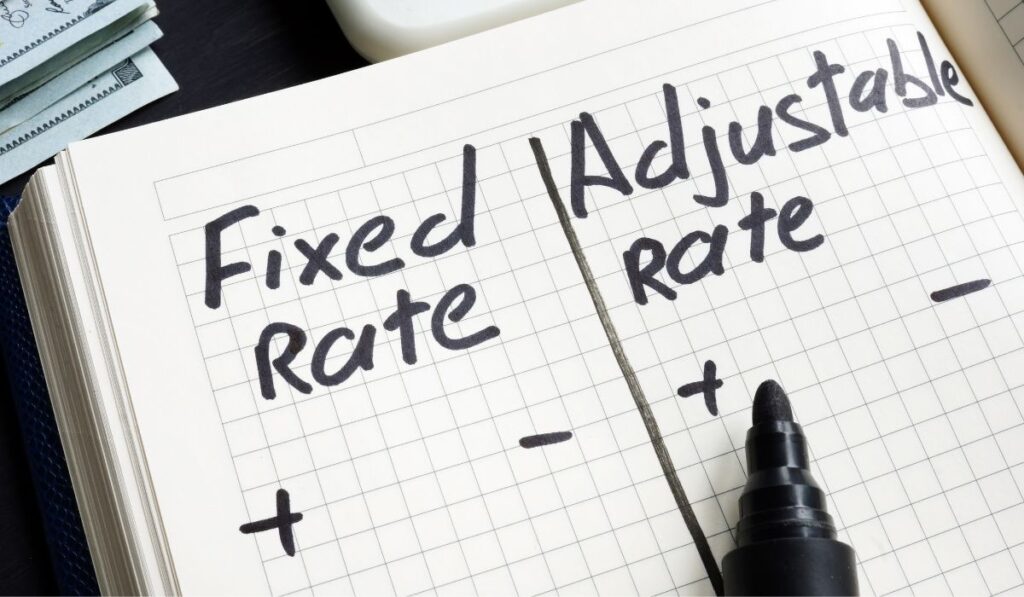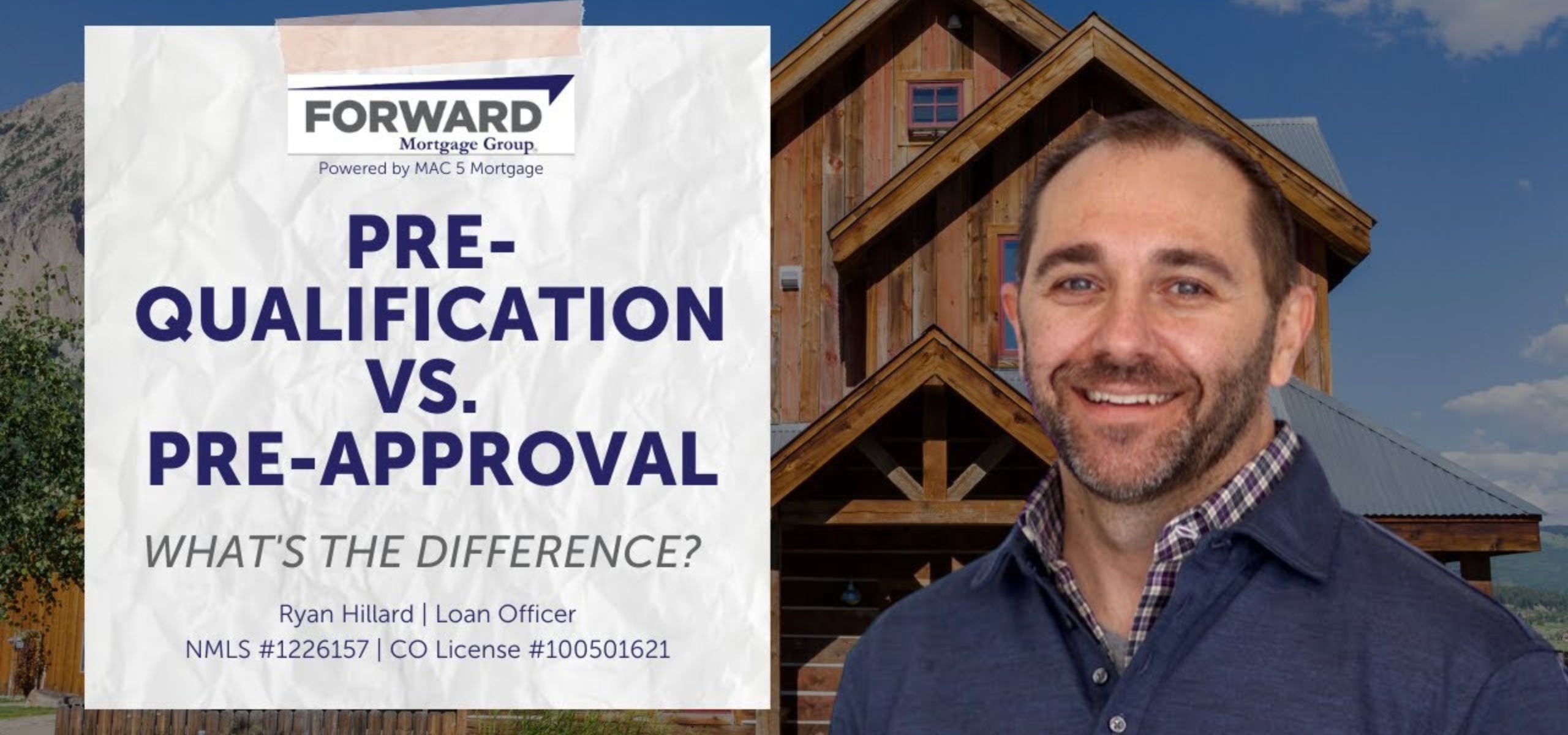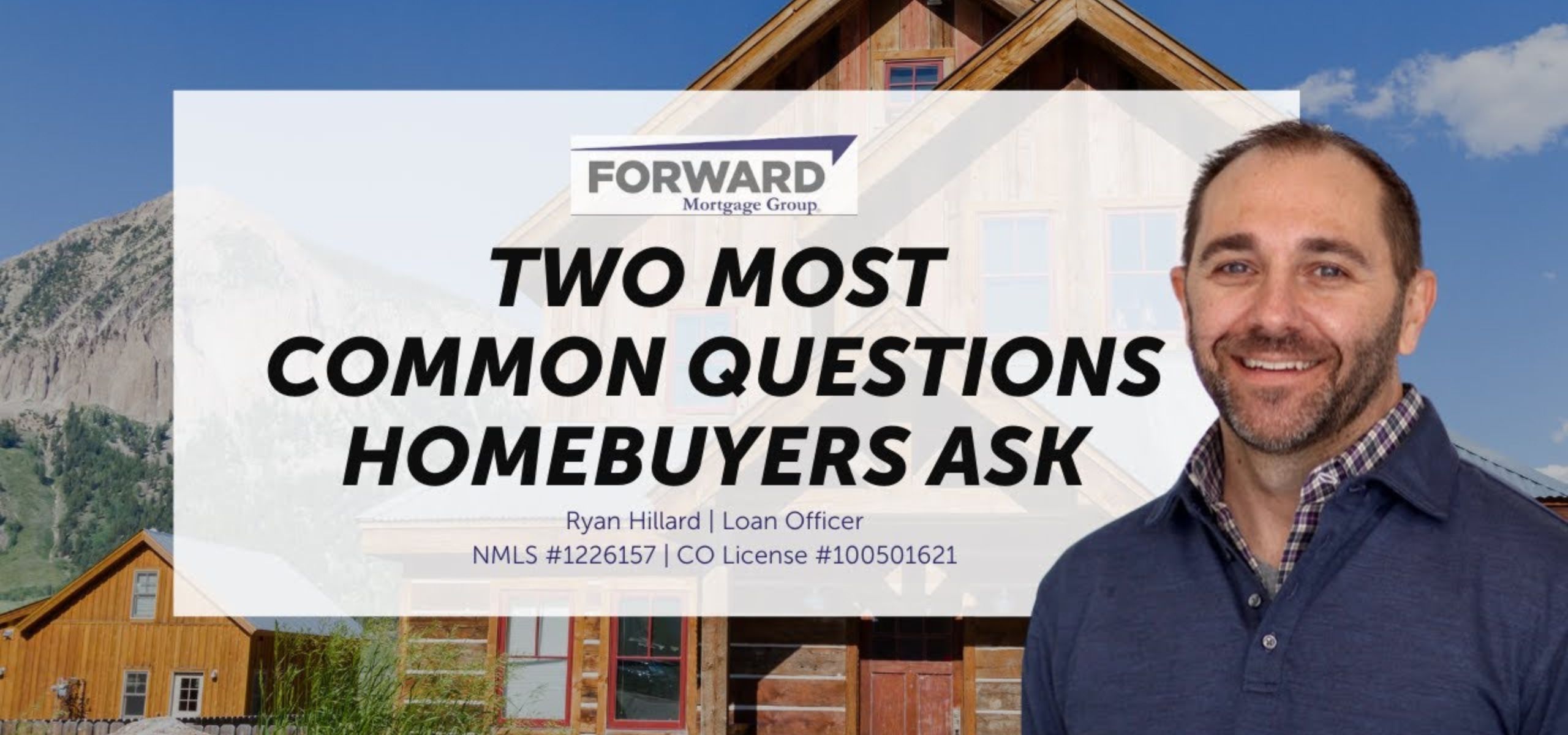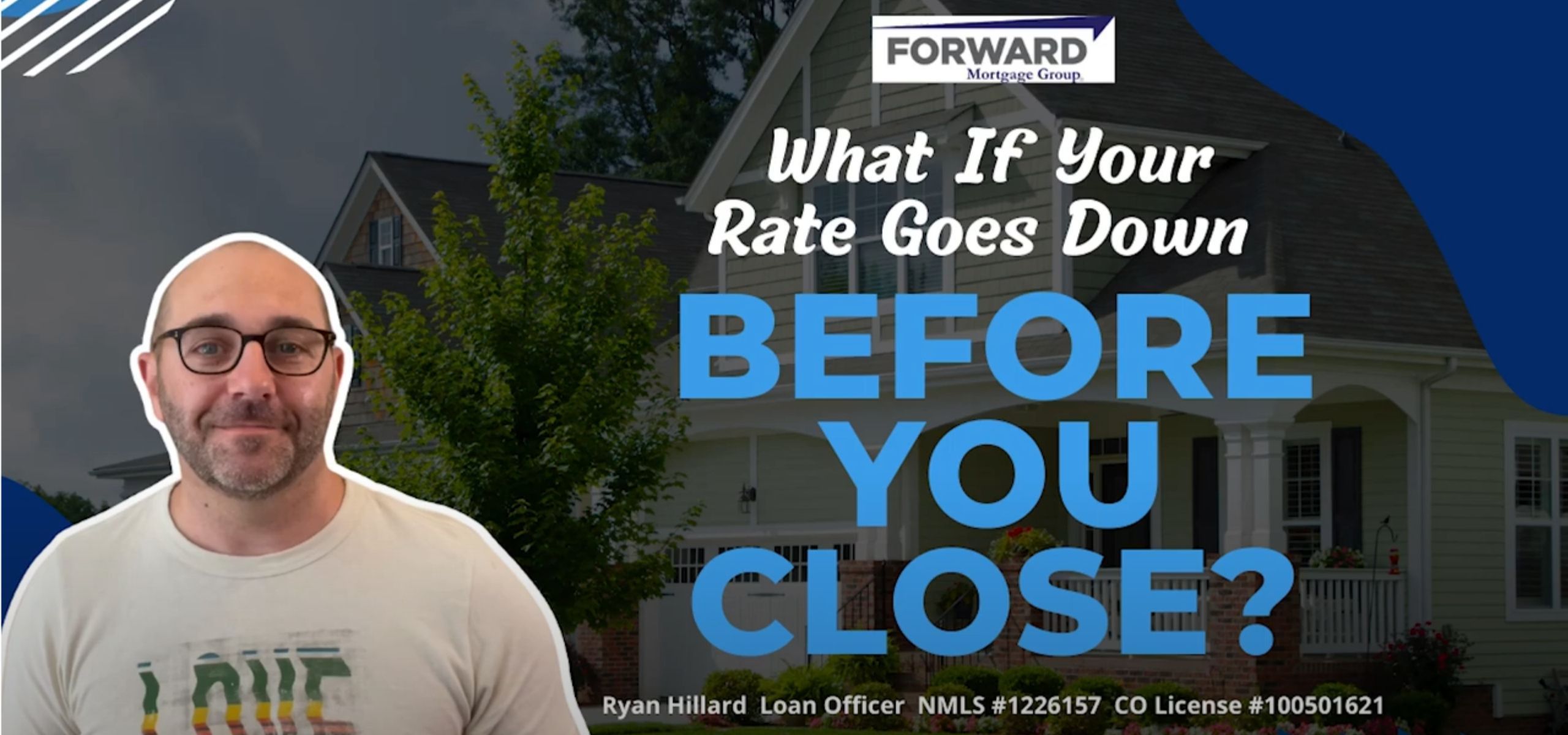VA Loan Colorado – Everything You Need to Know
Are you a military member, veteran, or family member looking for the perfect home in the beautiful state of Colorado? VA home loans offer incredible benefits and opportunities, making your dream of homeownership a reality. This comprehensive guide will walk you through everything you need to know. Let’s dive in!
Short Summary
- VA Loans in Colorado offer no down payment, no mortgage insurance & more lenient credit requirements.
- Obtaining a VA loan involves finding an approved lender and understanding closing costs & the funding fee.
- There are no loan limits on VA loans over $144,000 for eligible veterans, service members and survivors who have full entitlement.
Understanding VA Loans in Colorado

VA loans in Colorado provide a cost-effective solution to home buying for active service members, military veterans, and their families. They are an excellent option for those looking to purchase a new home. These government-backed mortgages provide flexible and affordable terms, making homeownership more accessible for qualifying borrowers.
So what exactly is a VA loan, and how can it help you achieve your dream of owning a home in Colorado?
What is a VA Loan?
A VA loan is a government-backed mortgage option available to veterans, service members, and surviving spouses. It allows them to finance a home with no down payment, no mortgage insurance, and lenient credit requirements. This means you can secure a home loan without having to save up a large down payment or worry about additional mortgage insurance costs.
VA loans are issued by lenders, such as mortgage companies, mortgage brokers, and some banks, and are guaranteed by the United States Department of Veterans Affairs (VA).
Benefits of VA Loans in Colorado
One of the most significant benefits of VA loans in Colorado is the ability to purchase a home with no down payment. Additionally, VA loans offer lower interest rates compared to conventional loans, which can save you thousands of dollars over the life of your mortgage.
Furthermore, VA loans do not require private mortgage insurance (PMI) or mortgage insurance premiums, which can be a substantial monthly expense for homeowners with conventional or FHA loans. These benefits make VA loans an attractive option for eligible military members, veterans, and their families.
Eligibility for Colorado VA Loans

In order to qualify for a VA loan in Colorado, you’ll need to meet the Department of Veteran Affairs’ qualifications and those of the mortgage lender. This includes obtaining a Certificate of Eligibility (COE), which verifies your military service and eligibility for a VA loan, as well as meeting specific credit score and income requirements set forth by the lender.
It’s important to note that even if you have a bankruptcy or foreclosure in your financial past, you may still be eligible for VA financing.
Certificate of Eligibility
A Certificate of Eligibility (COE) is a document that proves your eligibility for a VA loan based on your military service. Veterans, active military personnel, and members of the national guard are eligible for a Certificate of Eligibility (COE). Additionally, families of service members may also be approved to receive this document. To obtain a COE, you can submit evidence of your service or your spouse’s service to the VA by mail or through the VA’s eBenefits portal. Mortgage lenders provide a convenient way to apply for a COE. Get in touch with one today to get the process started.
Proof of service typically includes documents such as discharge or separation papers (DD 214, Certificate of Release or Discharge from Active Duty), history of retirement benefits, or signed statements of service. These documents help validate proof of service.
Multiple VA Loans
Did you know that you may be eligible for multiple VA loans under certain circumstances? If you have sold a previous VA-financed home or have paid off a previous VA loan, you may qualify for another VA loan. Having two active VA home loans at the same time is a one-time allowance, with the only exception being mandatory assignments that require purchasing a home in the new location.
This allows you to take advantage of the benefits of VA loans even if you have already used your VA loan benefits in the past.
VA Loan Process in Colorado

Securing a VA loan in Colorado involves several steps, including finding a VA-approved lender, obtaining a Certificate of Eligibility, and gathering necessary documentation such as employment and tax information, as well as bank statements. Additionally, the VA loan process requires a VA appraisal and pest inspection (if determined by the appraisal), as well as understanding and managing closing costs and the VA funding fee. While the conventional loan process may differ, it’s essential to be well-informed about the specific requirements for a VA loan.
Let’s take a closer look at each of these steps.
Finding a VA-Approved Lender

Finding a VA-approved lender is critical for a smooth VA loan process, as they are familiar with the specific requirements and guidelines of VA loans in Colorado. Examples of VA-approved lenders in Colorado can be found with an online search but it may be more beneficial to obtain a loan through a licensed mortgage broker such as Forward Mortgage Group.
You can also find additional resources for locating VA-approved lenders in Colorado on the official VA website. Make sure to research and compare lenders to find the best fit for your needs.
VA Appraisal and Pest Inspection
A VA appraisal is required to ensure that the property you’re purchasing meets VA guidelines and is free of any major defects or infestations. A pest inspection is only required in Colorado if the VA appraiser determines the property has an active infestation or a high probability of developing one, and is typically related to termites. The VA appraisal process in Colorado is similar to other states, with VA fee appraisers determining the reasonable or market value of a property for VA home loan guaranty purposes. This appraisal can take up to 10 business days to complete.
Additionally, the pest inspection must be completed by a VA-approved pest inspector who is licensed and certified in the state of Colorado.
Closing Costs and VA Funding Fee
Closing costs and VA funding fees are additional expenses associated with obtaining a VA loan. Closing costs typically include appraisal fees, title fees, and other administrative costs. The VA funding fee is a one-time fee paid to the VA to help cover the cost of the VA loan program. This fee is calculated based on the loan amount, the type of loan, and the borrower’s military status.
It’s important to note that some of these costs may be covered by the seller or lender, as the seller can pay up to 4% of the closing costs.
VA Loan Limits and Entitlements in Colorado

VA loan limits and entitlements in Colorado play a crucial role in determining the maximum loan amount you can obtain without a down payment. These limits, also known as the VA loan limit, vary based on the cost of living within each county and depend on your entitlement status.
Let’s explore how these loan limits and entitlements are determined and how they can affect your home-buying process.
County-Specific Loan Limits
In Colorado, county-specific loan limits determine the maximum amount a borrower can obtain without a down payment, which may vary based on remaining entitlement and the cost of living in each county. However, if there is full entitlement, then VA loan limits do not apply.
It’s important to research the available entitlement and loan limits in the county where you plan to purchase a home to ensure that you’re aware of any down payment requirements.
Zero Down Payment Options
VA loans in Colorado offer zero down payment options for qualified borrowers who are buying primary residences. VA loans offer many advantages, such as lower interest rates and no requirements for mortgage insurance. This is one of its biggest advantages.
To be eligible for a zero down payment VA loan, borrowers must meet the VA’s eligibility requirements, which include having a valid Certificate of Eligibility, being an active duty service member, veteran, or surviving spouse and having a good credit score. This allows eligible borrowers to purchase a home without the need for a large upfront payment, making homeownership more accessible.
Types of VA Mortgage Programs in Colorado

Beyond the standard VA home loan, there are several types of VA mortgage programs available in Colorado. These include VA direct loans, cash-out refinance loans, interest rate reduction refinance loans, and home loans for regular purchases.
Among the most popular options are fixed-rate and adjustable-rate VA loans. Let’s take a closer look at these two types of VA mortgage programs.
Fixed-Rate VA Loans
Fixed-rate VA loans in Colorado are mortgages that have a set interest rate for the life of the loan, typically with terms of 10, 15, 20, 25, or 30 years. The primary advantage of a fixed-rate VA loan is that it provides a consistent interest rate throughout the life of the loan, giving stability and predictability for borrowers.
To be eligible for a fixed-rate VA loan, borrowers must meet the VA’s eligibility requirements, such as having served in the military, being a veteran, or being a surviving spouse of a veteran.
Adjustable-Rate VA Loans
Adjustable-rate VA loans are another option for borrowers in Colorado. These loans have competitive interest rates that are fixed for the initial period and then adjusted annually or as specified thereafter. This means that the interest rate may change over time, offering potential savings for borrowers who plan to sell or refinance their home in the near future.
The eligibility requirements for adjustable-rate VA loans are similar to those for fixed-rate VA loans, with borrowers needing to meet the VA’s eligibility criteria and obtain a Certificate of Eligibility.
Colorado VA Home Buying Tips

Navigating the Colorado VA home buying process can be challenging, but with the right knowledge and preparation, you can successfully achieve your dream of homeownership. Understanding the VA home loan process is crucial to ensure a smooth experience. Here are some tips to help you through the process. First, consider the total cost of the loan, including closing costs, the VA funding fee, and any other fees associated with the loan. This will help you create a realistic budget and ensure you’re financially prepared for your home purchase.
In addition to budget considerations, it’s crucial to research neighborhoods and find the perfect location for your new home. Take the time to visit different areas, research school districts, and consider factors such as commute times and local amenities. Working with experienced real estate professionals can greatly assist in this process and make your home buying journey smoother and more enjoyable. They can help you find the perfect property, negotiate the best price, and guide you through the necessary paperwork.
Summary
VA loans in Colorado offer incredible benefits and opportunities for military members, veterans, and their families. From no down payment options to lower interest rates and flexible loan terms, VA loans make homeownership more accessible and affordable. By understanding the VA loan process, eligibility requirements, loan limits, and entitlements, you can successfully navigate the Colorado VA home buying process and achieve your dream of owning a home. With the right knowledge, preparation, and professional guidance, your dream of homeownership in Colorado can become a reality!
Frequently Asked Questions
How to qualify for VA loan Colorado?
Be current active military with 90 consecutive days of service, an honorably discharged Veteran, a member of the National Guard, a Reserve member, an eligible surviving spouse, or granted Veteran status through civilian employment to qualify for a VA Loan in Colorado. For Veterans, National Guard and Reserve members the minimum active-duty service requirements will depend on when you served.
What are the benefits of a VA home loan in Colorado?
VA Home Loans in Colorado offer significant benefits to Veterans, such as zero down payment, lower interest rates, no mortgage insurance requirements and the VA guaranteeing a portion of the loan amount.
These favorable conditions make VA loans an attractive option for eligible borrowers.
What credit score is needed for a VA loan?
While the VA does not have a minimum credit score requirement, some lenders will have their own overlays and it can therefore vary by lender.
What is a Certificate of Eligibility, and how can I obtain one?
A Certificate of Eligibility is a document that proves your eligibility for a VA loan based on your military service. You can easily obtain one by submitting proof of service to the VA or applying through a VA-approved lender.
Can I have multiple VA loans at the same time?
Yes, you may be eligible for multiple VA loans under certain circumstances.







